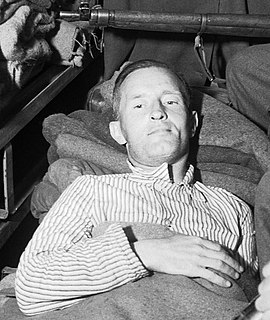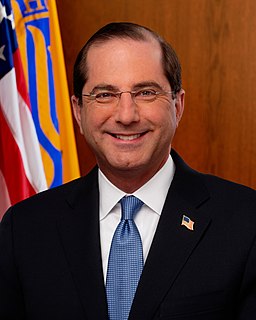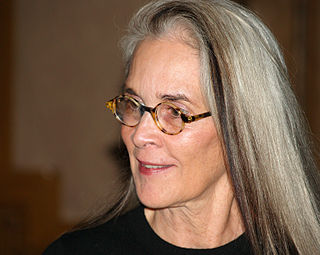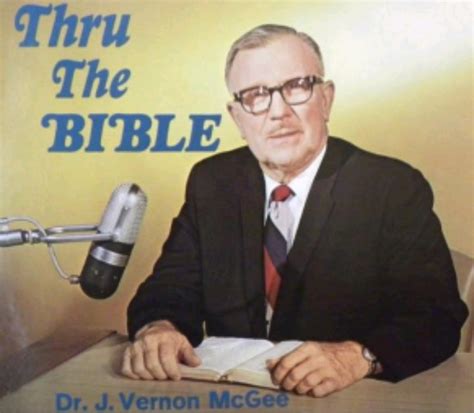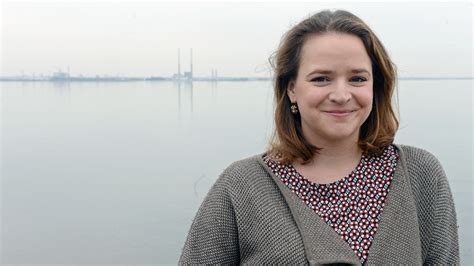A Quote by Carl Zimmer
Evolution has led to some populations of people being able to digest milk without much trouble when they're adults as well.
Related Quotes
Mosts scientist are unable to arrive at a specific definition of biological evolution. “Biological evolution is… change in the properties of populations of organisms (you and me) that [happen during] the lifetime of a single individual. The changes in populations that are considered evolutionary are those that are inheritable via the genetic material from one generation to the next
Stanford may be the best university in the world, but you can get all the way through here without knowing where your food came from, without being able to say where we came from, without being able to give a coherent description of why the climate is changing and why we should be concerned about it. So I started teaching a course in human evolution and the environment that's open to all Stanford students, no prerequisites.
I think most people don't really understand all that it takes to stand on your toes, and to be able to jump and land without any noise, or for a male dancer to be able to lift a girl. All of these things look so effortless, but there's an attention to detail and years of training, as well as being able to transform into a character and being able to meld all of those things together.
Boredom!!! Shooting!!! Shelling!!! People being killed!!! Despair!!! Hunger!!! Misery!!! Fear!!! That's my life! The life of an innocent eleven-year-old schoolgirl!! A schoolgirl without a school, without the fun and excitement of school. A child without games, without friends, without the sun, without birds, without nature, without fruit, without chocolate or sweets, with just a little powdered milk. In short, a child without a childhood.
Many teachers think of children as immature adults. It might lead to better and more 'respectful' teaching, if we thought of adults as atrophied children. Many 'well-adjusted' adults are bitter, uncreative, frightened, unimaginative, and rather hostile people. Instead of assuming they were born that way, or that that's what being an adult entails, we might consider them as people damaged by their education and upbringing.


